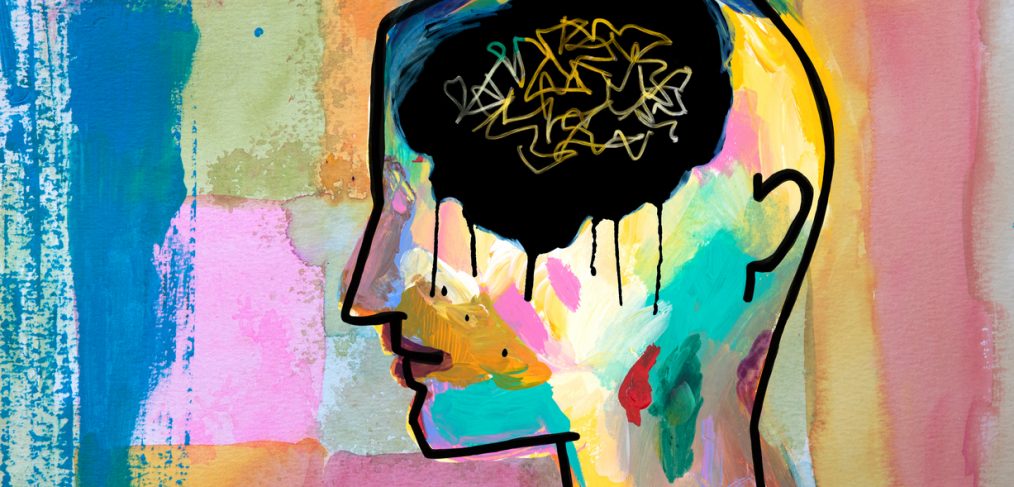My family makes a big deal about birthdays. We decorate the house for my son’s birthday in July, and keep it decorated right through my wife’s birthday in mid-September (mine is in early September). Like many anniversaries, birthdays are just ways to count another year going by (and an opportunity to eat and drink well!). But milestones go beyond tracking time and having celebrations. For many, they have a deeper meaning. They honor an auspicious occasion and/or allow us to recognize the significance of others’ presence in our lives. They’re also great opportunities to take stock of our lives—where we’ve been and where we’re going. To me, milestones are important, and reflecting on them contributes significantly to giving my life meaning.
It’s so hard to be nice these days.
And why would I want to be? People seem to be looking out for only themselves, and they’re nasty about it. Common courtesy seems to be rapidly disappearing from our interactions, and disagreements seem to quickly devolve into personal attacks. It’s us and them, and there can be no civility if we happen to be on the wrong side.
How can we be friendly in such an environment—and why would we want to be? The answer is both simple and complicated. We can always be friendly. If you’re a friendly person, you can (and should) continue to be friendly, even when it seems the world’s just not a friendly place. If you’re not a friendly person, you should try it out: It’s a pleasant way to live your life.
Maybe the harder question is why would you want to be friendly? Why would I want to be friendly to a group of people whose worldview is off kilter and who are so unfriendly to me? The answer to this one is a bit more complicated, but ultimately, the answer is because that is the only way we (society) will move beyond the divisiveness and begin to act civilized again. It’s the only way to turn the corner.
I’ve had several times in my life during which I can only think about one thing. Everything else was relegated to brief attention when absolutely necessary. These “one things” included romantic interests, upcoming trips to new and interesting places, and life transitions. During these periods, my focus is unmatched, and my will is extremely strong. I find ways to mold reality into what I want it to be. I manipulate circumstances and people (mostly in positive ways) to ensure that my goals are achieved. These periods in life are exciting and truly meaningful, but they can also be fraught with anxiety, stress, and desperate longing. These are the moments when you feel most alive, existing with overwhelming intensity. However, during these times, you tend to lose perspective, as all that can be seen is the object of your attention. This state can make you highly effective, but it can also chip away at your mental and physical health. You seek your holy grail, and in your mind, it’s that one thing that can bring you happiness and fulfillment
For many of us, a disruption can be like a test of how legitimate a sense of urgency is. In our daily routines, busyness and urgency can become a permanent state. You have tasks, you have meetings, people count on you and so you must get the job done—now. If your schedule gets derailed, you may begin to feel overwhelmed and anxious. I’m falling behind! All this is coming due now! You work late nights and weekends. You get it all done, but you somehow still feel behind. That lingering sense of pressure never really goes away. Some feelings of urgency are from specific timelines and due dates. These are necessary aspects of the working world and are needed to coordinate and work collaboratively. However, many of these are a bit arbitrary and are not associated with a specific need to complete a task by a certain time.
Last week was a stressful week. I had several “emergencies” at work, and in the midst of it all, my computer stopped working and we had some plumbing issues. Everything seemed to be going wrong—any little thing that happened at that point seemed to be just one more insurmountable problem. Of course none of these problems were unsolvable, let alone tragic, but it was easy to get into the mindset that the world was against me and nothing was right. When you start to feel like this, it’s important to step back and think about your life in a holistic way and gain some perspective. There are very few phases in our lives when nothing is wrong. We have to learn to roll with the punches and think about life’s hurdles as something that we need to address—sometimes daily. When we get into the “nothing is right“ mindset, it can become a self-fulfilling prophecy. Because we think that nothing is right, we find that everything is wrong when, in reality, little is wrong with our lives. Perspective is one of those things that’s easy to talk about but difficult to practice. Stepping back and focusing on all the good things in our lives is critical to having the proper perspective of life‘s challenges.





